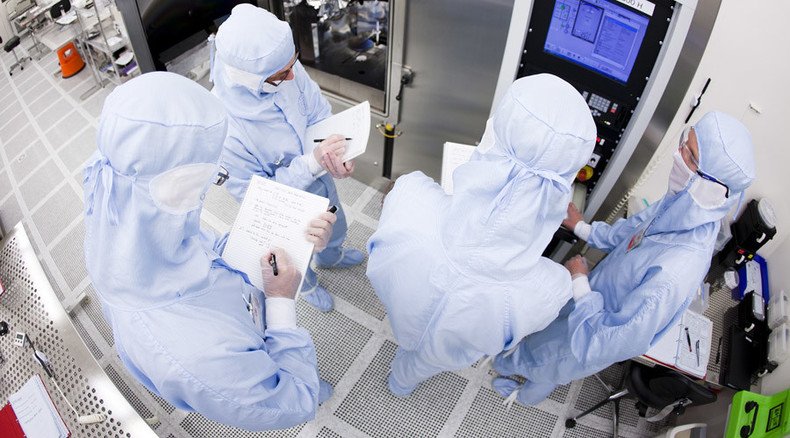Quantum scientists create 'quietest-ever gas'

Scientists have created a gas with the lowest-ever level of entropy, which will help the study of elusive quantum effects and potentially create new high-temperature superconductors.
Entropy measures how ordered or disordered a system is, with lower entropy corresponding to more order. A room-full of people all speaking at the same time would be disordered, the noise makes picking out individual voices harder.
In thermodynamics, cooling down a system would be equivalent to hushing the hum. At a certain point enough atoms in a cooling gas would reach the state of lowest energy possible to allow quantum effects to manifest at a macroscopic level. The gas exhibiting such properties is called Bose-Einstein condensate after physicists Satyendra Nath Bose and Albert Einstein who predicted it.
Measuring one nanoKelvin, or one billionth of a degree above absolute zero, the Bose-Einstein condensate created at the University of California, Berkeley has entropy about 100 times lower than in previous experiments and is the quietest gas ever made.
Fizzy bubble floating aboard Intl Space Station shot by NASA new 6K camera (VIDEO) http://t.co/4y36BBLwVtpic.twitter.com/NmOb8At8wG
— RT (@RT_com) July 29, 2015It consists of about a million atoms of rubidium trapped by a beam of light and isolated in a vacuum. Temperatures twice as low have been achieved, but in this case the temperature was cold enough to have an overwhelming majority of the atoms get to the lowest energy state.
"Temperature generates something like a constant rumble of sound in the gas, and the entropy is like a count of how many sound-wave excitations remain. The colder a gas becomes, the less entropy it has and the quieter it is," the research co-author Dan Stamper-Kurn, a UC Berkeley professor of physics, told PhysOrg.
With so little noise, researchers hope they will be able to study subtle quantum effects and get a better understanding of complex quantum structures, such as quantum magnets. A potential field of research is high-temperature superconductors - materials that can conduct electricity without resistance at relatively high temperatures.
"One of the holy grails of modern physics is to understand these exotic materials well enough to design one that is superconducting without requiring any cooling at all," said UC Berkeley graduate student Ryan Olf.
"By studying the properties of low-entropy gases in various configurations, our community of researchers hope to learn what makes these fascinating materials work the way they do," he added.
Measuring the temperature of the super quiet gas was a technical challenge in its own right. The team had to develop a special thermometer that read properties of tilted magnetization of atom spins.
The research was published in Nature Physics.











